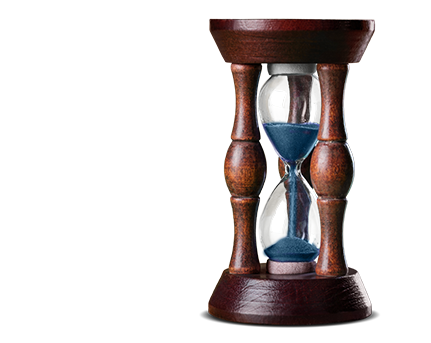Life insurance is an essential tool for protecting your loved ones and securing their future, but there are different types to choose from, each serving unique needs. Let’s break down a few options to help you find the best fit for your situation.
Term life insurance offers straightforward, affordable coverage for a set period—usually 10, 20, or 30 years. It's ideal if you're looking for temporary protection, such as covering a mortgage or supporting your family while your children are young. The primary benefit is its simplicity and cost-effectiveness, but the downside is that it doesn't build any cash value, and once the term expires, the coverage ends unless you renew it.
Whole life insurance, on the other hand, provides coverage for your entire lifetime as long as premiums are paid. One of its standout features is that it builds cash value over time, which you can borrow against if needed. However, it’s typically more expensive than term life insurance, and its premiums are fixed. While the coverage lasts a lifetime, it may not offer the flexibility some seek.
Universal life insurance may be the right choice if you seek more flexibility. This type of policy also provides lifelong coverage, but it allows for adjustable premiums and death benefits, so you can adjust your coverage as your needs change over time. However, this flexibility comes with a bit of complexity and can be more expensive than term life. Additionally, the cash value grows based on interest rates, which can fluctuate, making it a bit unpredictable.
For those who want the potential for higher returns while still maintaining some level of protection, Indexed Universal Life Insurance (IUL) could be a good option. IUL ties the policy's cash value growth to a stock market index, like the S&P 500. This gives you the opportunity for higher returns than traditional universal life insurance, with the added benefit of downside protection—you won’t lose cash value if the market performs poorly. However, there are caps on the maximum returns, and the structure can be complex, so it's important to fully understand how it works before committing.
Ultimately, life insurance is all about securing the future for those you care about. Whether you're looking for simple, short-term protection or a policy that combines coverage with investment opportunities, choosing the right plan is a step toward ensuring your family's well-being. By considering the options and understanding how each one works, you can make an informed decision that fits your needs and helps protect the future you're building.



